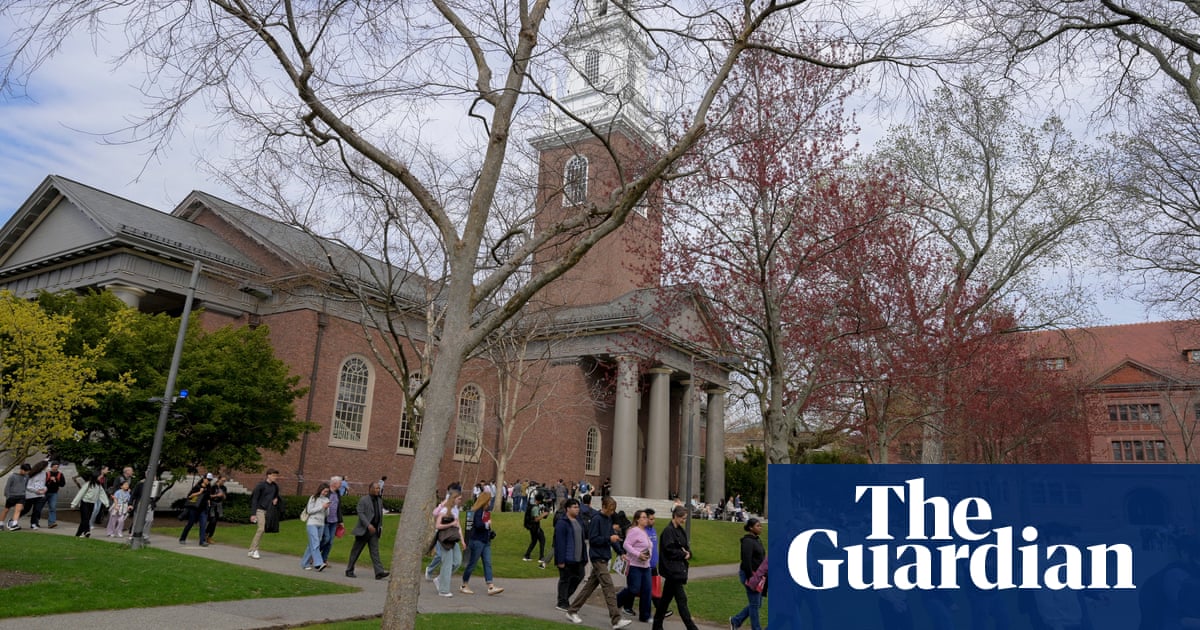TheTrump administrationhas ordered US embassies worldwide to immediately stop scheduling visa interviews for foreign students as it prepares to implement comprehensive social media screening for all international applicants.
A Tuesday state department cable instructs consular sections to pause adding “any additional student or exchange visitor (F, M, and J) visa appointment capacity until further guidance is issued” within days.
The directive,first reported by Politicoand now confirmed by the Guardian, could severely delay visa processing and hurt universities – many of whichDonald Trumpaccuses of having far-left ideologies – that rely heavily on foreign students for revenue
“The department is conducting a review of existing operations and processes for screening and vetting of student and exchange visitor visa applicants,” the cable reads. Officials plan to issue guidance on “expanded social media vetting for all such applicants”.
The freeze is further escalation from current screening measures, which have primarily targeted students who participated in pro-Palestinian campus protests. Since March, consular officers have been required to conduct mandatory social media reviews looking for evidence of support for “terrorist activity or a terrorist organization” which could be as broad as showing support for the Palestinian cause, according to acable obtained by the Guardianat the time. That directive required officers to take screenshots of “potentially derogatory” content for permanent records, even if posts were later deleted.
The new expansion would apply social media vetting to all student visa applicants, not just those flagged for activism. Under the screening process, consular officers would examine applicants’ posts, shares, and comments across platforms such as Instagram, X, and TikTok for content they deem to be threatening to national security, which has since been tied in to the Trump administration’s stance on combating antisemitism.
Rubio told senators last week that hisdepartment has revoked visasnumbering “probably in the thousands at this point”, up frommore than 300reported in March. “I don’t know the latest count, but we probably have more to do,” he said.
There are more than one million foreign students in the United States, contributing nearly $43.8bn to the US economy and supporting more than 378,000 jobs in 2023 to 2024,according to NAFSA. The visa freeze threatens to compound existing challenges facing higher education institutions already experiencing declining international enrollment.
Sign up toThis Week in Trumpland
A deep dive into the policies, controversies and oddities surrounding the Trump administration
after newsletter promotion
The state department did not immediately respond to a request for comment.
